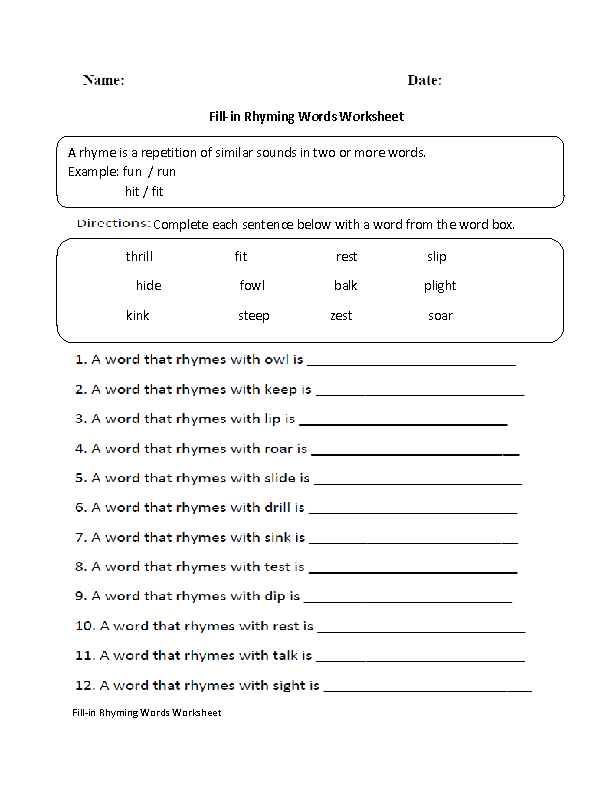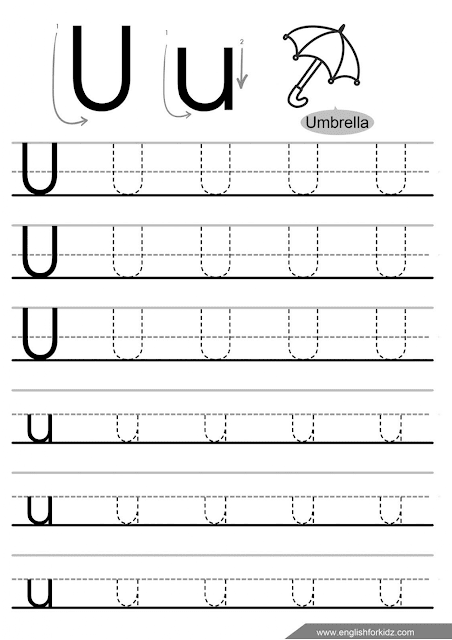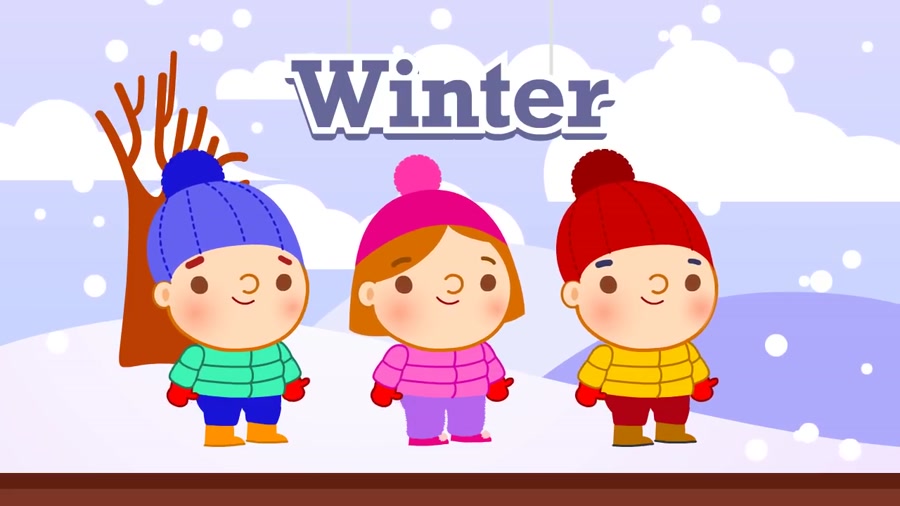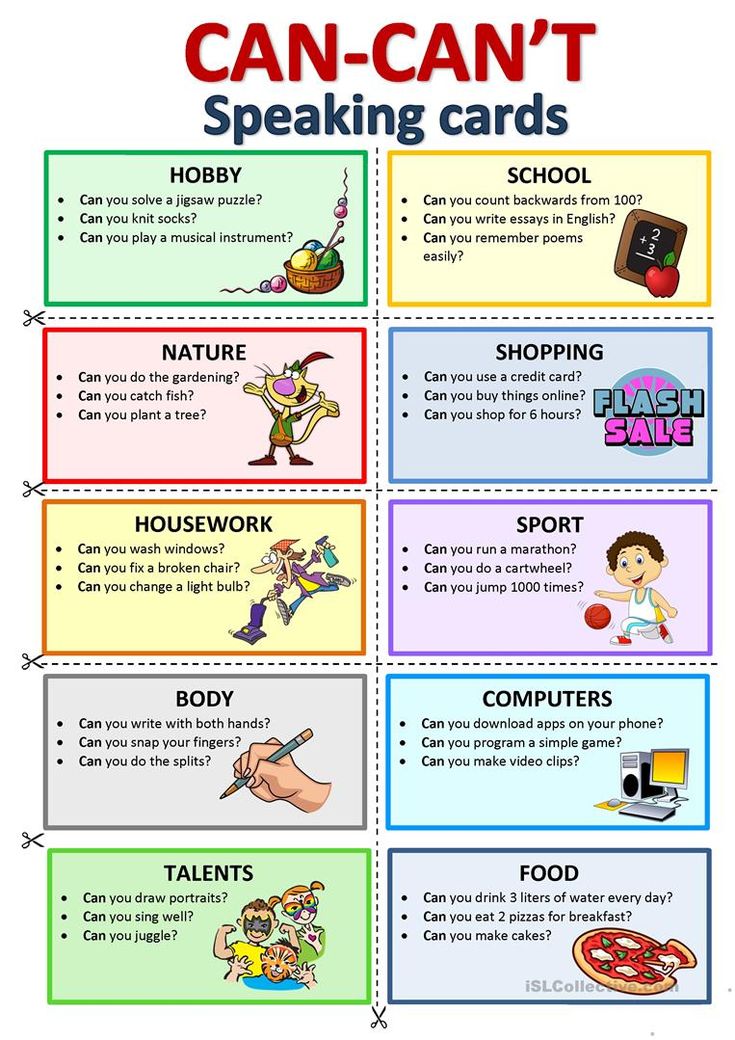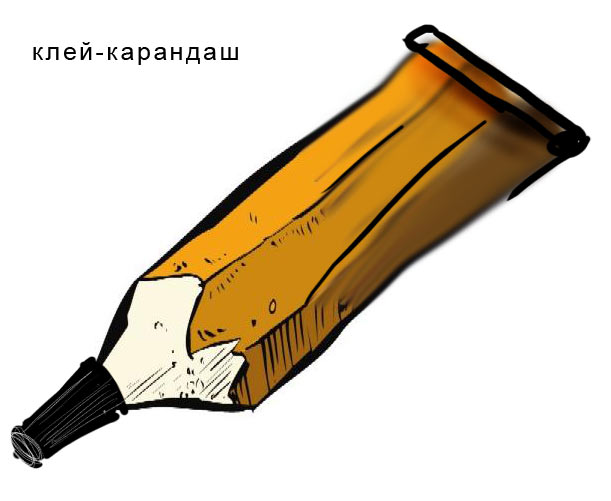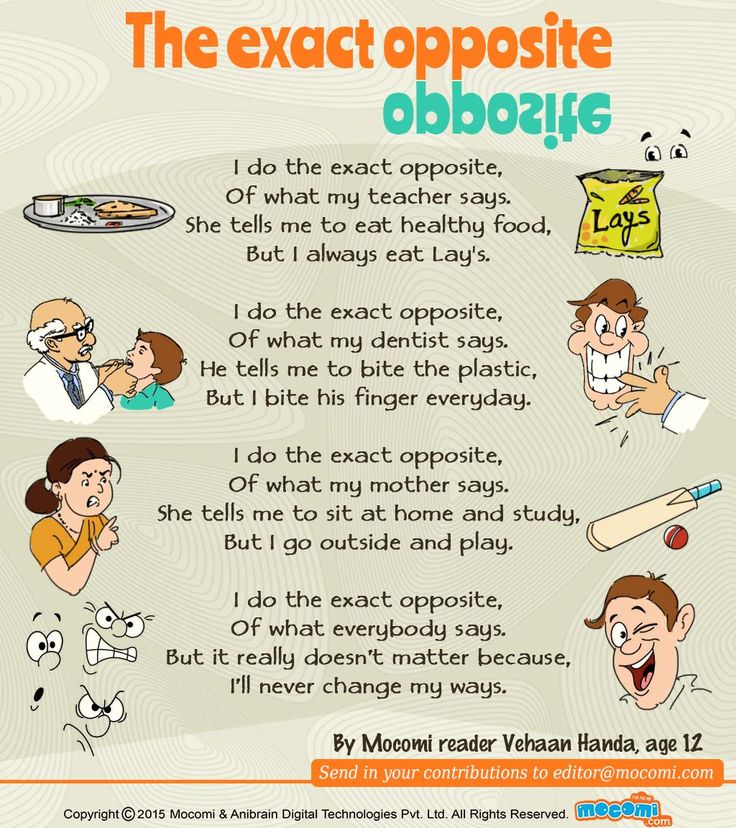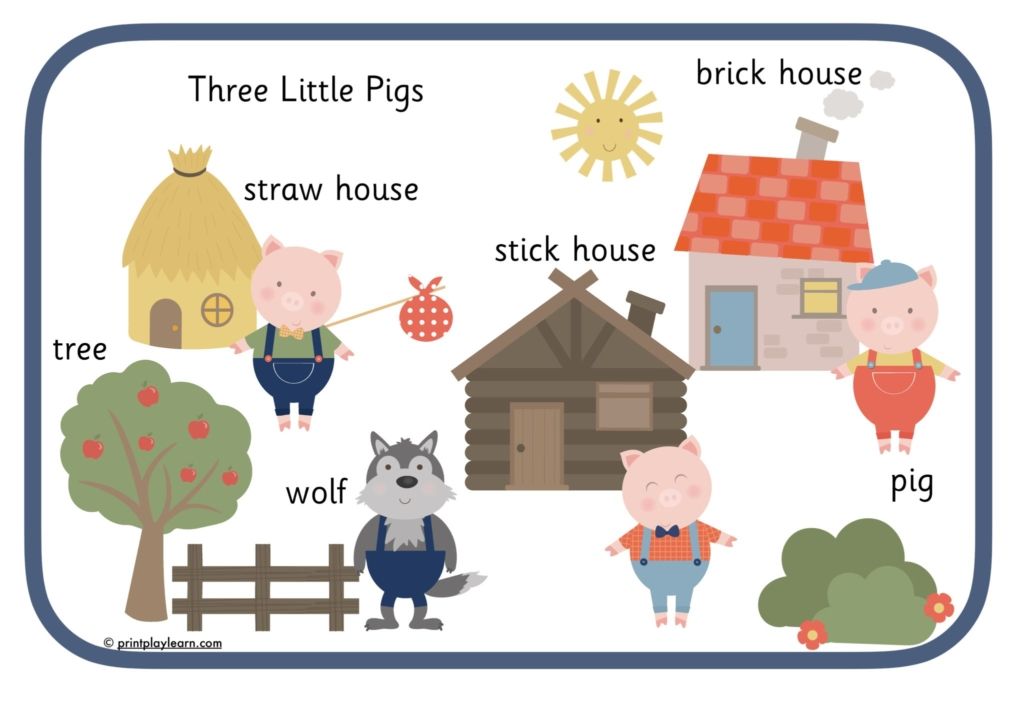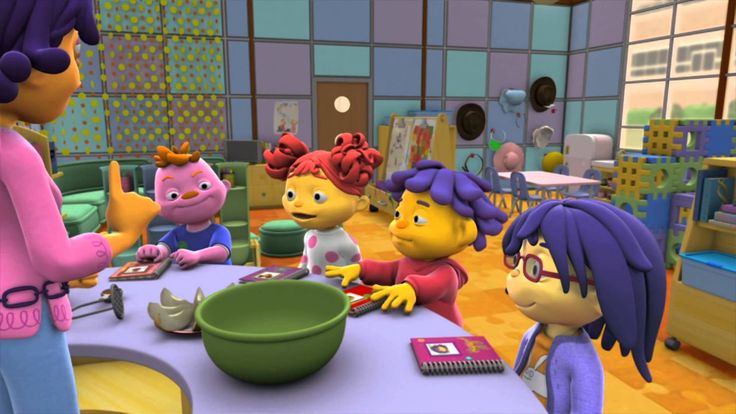Rhyming word for use
Words That Rhyme with Use - Use Rhymes
We found 61 rhyming words for Use. These rhymes are great for any poet, rapper, singer, songwriter,etc who is struggling to find words that rhyme with use. You can click on the word you like for more information or for fun you can Unscramble use
Include Near Rhymes?
- Home
- Rhymes For Use
We found 61 rhymes for Use
You can browse the rhymes for Use below. Click on any word to find out the definition, synonyms, antonyms, and homophones.
| Rhyme | Len. | Syllables | PoS |
|---|---|---|---|
| Abstruse | 8 | 2 | adjective satellite |
| Abuse | 5 | 2 | noun, verb |
| Asmus | 5 | 2 | noun? |
| Boose | 5 | 1 | noun? |
| Bruce | 5 | 1 | noun |
| Caboose | 7 | 2 | noun |
| Chartreuse | 10 | 2 | noun, adjective satellite |
| Cheuse | 6 | 1 | noun? |
| Coos | 4 | 1 | noun? |
| Cruce | 5 | 1 | noun? |
| Cuisse | 6 | 1 | noun |
| Damoose | 7 | 2 | noun? |
| Deduce | 6 | 2 | verb |
| Derousse | 8 | 2 | noun? |
| Deuce | 5 | 1 | noun |
| Deuss | 5 | 1 | noun? |
| Diffuse | 7 | 2 | verb, adjective satellite, adjective |
| Disabuse | 8 | 3 | verb |
| Disuse | 6 | 2 | noun |
| Doose | 5 | 1 | noun? |
| Douce | 5 | 1 | noun? |
| Druce | 5 | 1 | noun? |
| Duce | 4 | 1 | noun |
| Ekeus | 5 | 2 | noun? |
| Excuse | 6 | 2 | verb, noun |
| Footloose | 9 | 2 | adjective satellite |
| Goose | 5 | 1 | noun, verb |
| Hoose | 5 | 1 | noun? |
| Induce | 6 | 2 | verb |
| Introduce | 9 | 3 | verb |
| Juice | 5 | 1 | noun |
| Labouisse | 9 | 2 | noun? |
| Lajous | 6 | 2 | noun? |
| Loose | 5 | 1 | adjective satellite, verb, adjective |
| Luce | 4 | 1 | noun |
| Misuse | 6 | 2 | verb, noun |
| Moose | 5 | 1 | noun |
| Mousse | 6 | 1 | verb, noun |
| Noose | 5 | 1 | verb, noun |
| Nous | 4 | 1 | noun |
| Obtuse | 6 | 2 | adjective satellite, adjective |
| Overproduce | 11 | 4 | verb |
| Prepuce | 7 | 2 | noun |
| Preuss | 6 | 1 | noun? |
| Produce | 7 | 2 | verb, noun |
| Profuse | 7 | 2 | adjective satellite |
| Recluse | 7 | 2 | adjective satellite, noun |
| Reduce | 6 | 2 | verb |
| Reintroduce | 11 | 4 | verb |
| Reproduce | 9 | 3 | verb |
Previous 1 2 Next
Advertisement
Synonyms of Use
- Exercising
- Usage
- Practice
- Custom
- Habit
- Engagement
- Workout
- Use Of Goods And Services
- Consumption
- Usance
- Role
- Practice Session
- Function
- Work
- Employ
- Utilization
- Utilisation
- Employment
- Economic Consumption
- Drill
- Physical Exercise
- Example
- Manipulation
- Enjoyment
- Recitation
- Purpose
- Physical Exertion
- Exercise
- Routine
- Social Occasion
- Theatrical Role
- Procedure
- Occasion
- Character
- Subroutine
- Part
- Determination
- Aim
- Subprogram
- Mapping
- Single-Valued Function
- Persona
- Intention
- Intent
- Social Function
- Affair
- Office
- Mathematical Function
- Map
- Design
- Phthisis
- Expenditure
- Uptake
- Ingestion
- Pulmonary Tuberculosis
- Using Up
- Wasting Disease
- Intake
- White Plague
- Drug Abuse
- Riding Habit
- Substance Abuse
- Wont
- Handling
- Delectation
- Lend Oneself
- Give
- Hold
- Utilise
- Put On
- Engage
- Hire
- Enforce
- Implement
- Expend
- Utilize
- Go For
- Apply
- Habituate
- Accustom
- Spend
- Drop
- Rehearse
- Practise
- Commit
- Do
- Call
- Engross
- Make Use Of
- Use Up
Antonyms of Use
No Antonyms Found.
Homophones of Use
- Yous
Helpful Info
These are word lists that we think you may find interesting.
- Longest English Words
- Most Common English Words
- History Of Rhymes
- How To Find Rhymes
Random words to inspire rhymes
- pam
- childhood
- maximization
- levine
- postulate
- amadou
- pigmentation
- ukraine
- aviano
- nonspecific
Random Words with Homophones
- breyer
- mutinus
- malesky
- cheyney
- feinman
- mini
- dalesandro
- donned
- ellyson
- kabler
20 Words That Rhyme With Love (Plus Near Rhymes)
DESCRIPTION
words that rhyme with love
SOURCE
Marcos Osorio / EyeEm / Getty Images
PERMISSION
Used under Getty Images license
Whether you are writing a song or creating a poem, knowing words that rhyme with love can make your creative thought process smoother, especially for a love poem.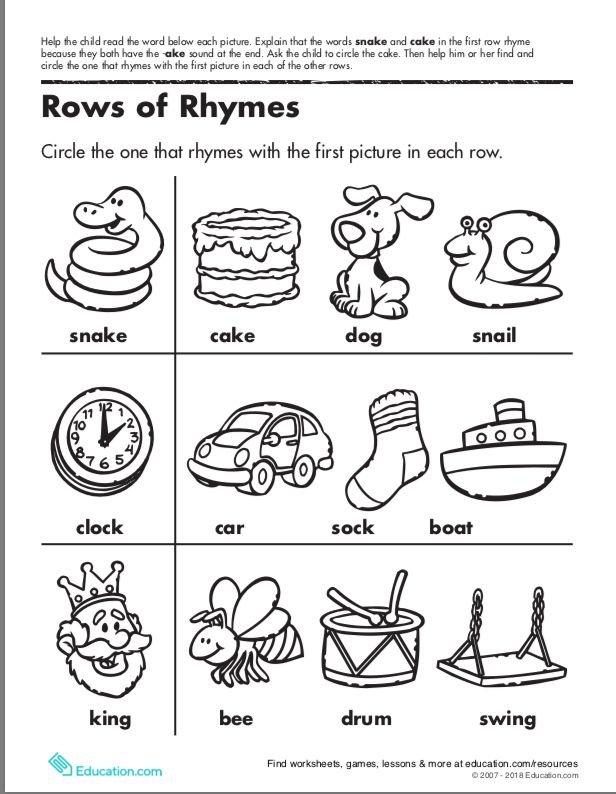 Learn 20 words that rhyme with love along with a few near rhymes. Explore rhymes for synonyms of love as well.
Learn 20 words that rhyme with love along with a few near rhymes. Explore rhymes for synonyms of love as well.
Words That Rhyme With Love Perfectly
Love is a hard word to find a rhyme for. Therefore, there aren’t that many words out there that are perfect end rhymes for love. However, you can find a few. Explore perfect rhymes for the word love and their meanings.
- above (prep.) - higher up, unable to touch
- belove (v.) - to love
- dove (n.) - bird used to symbolize love
- glove (n.) - hand covering
- hereof (adv.) - of the thing or a document
- of (prep.) - expressing a relationship between something
- thereof (adv.) - of that; something mentioned
- shove (v.) - to push roughly
- whereof (adv.) - of which or what
Advertisement
Near Rhymes of the Word Love
It can be equally hard to find words considered near rhymes to love but they are out there.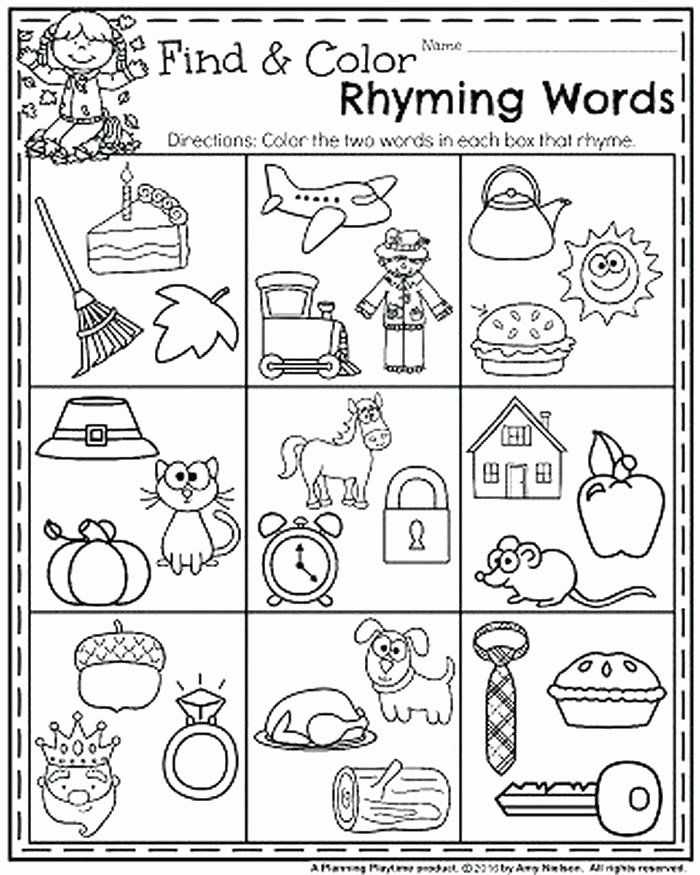 Near rhymes include slant rhymes and imperfect rhymes for love. A few near rhymes you might try include:
Near rhymes include slant rhymes and imperfect rhymes for love. A few near rhymes you might try include:
- behave (v.) - to act well or how one is expected
- brave (v.) - to face unpleasantness without fear
- cove (n.) - small shelter
- enough (pron.) - as many as required
- gave (v.) - past tense of give; hand over to someone freely
- give (v.) - provide freely to others
- grieve (v.) - suffer
- have (v.) - hold or own
- leave (v.) - go away
- live (v.) - alive; residence
- prove (v.) - demonstrate or show
Rhyming Phrases to Use With Love
Rather than just having one word to rhyme with love, a rhyming phrase might make more sense for your poem or work. Give these rhyming phrases a try if you are coming up short in your rhyming game.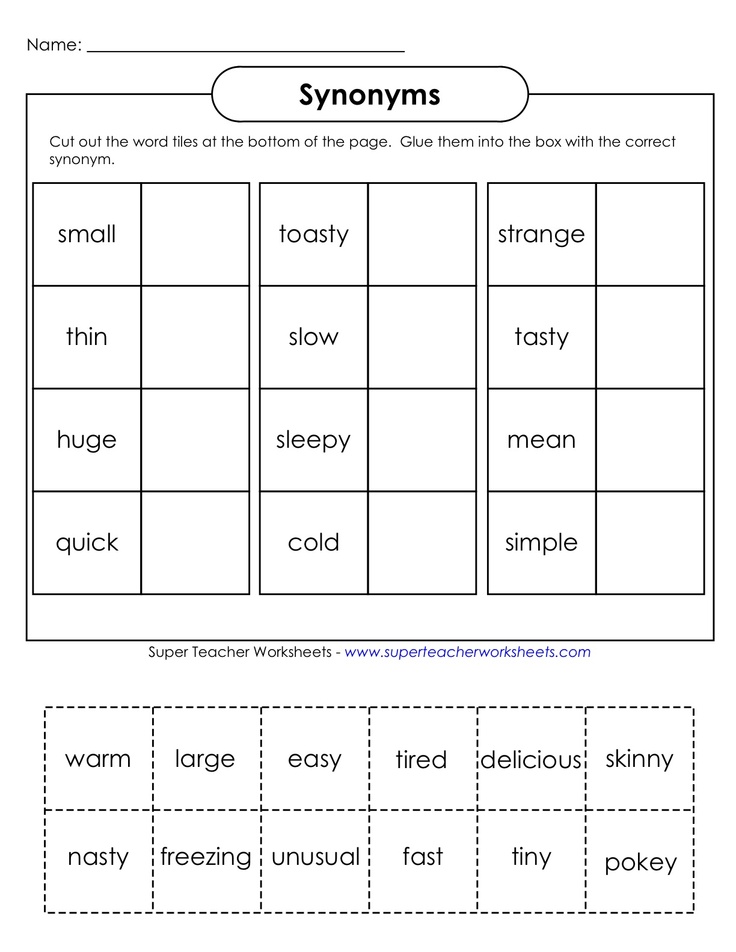
- all the above
- by means of
- consideration of
- dream of
- fit like a glove
- fond of
- get the feeling of
- heart to belove
- honor of
- in awe of
- memory of
- the makings of
- you’re all I think of
Advertisement
Words That Rhyme With Synonyms for Love
If you’re finding it much too hard to find a way to rhyme with love, then you can try finding rhyming words for love synonyms. This can make your quest for the perfect rhyme a bit easier.
Words That Rhyme With Affection
Consider swapping the word love for affection in your poem. In that case, you could try these different rhyme words.
- collection
- complexion
- connection
- dejection
- dimension
- expression
- intention
- mention
- objection
- question
- reflection
- section
- selection
Words That Rhyme With Devotion
Devotion might not have the same punch as love in your writing but it can make for some fun rhymes.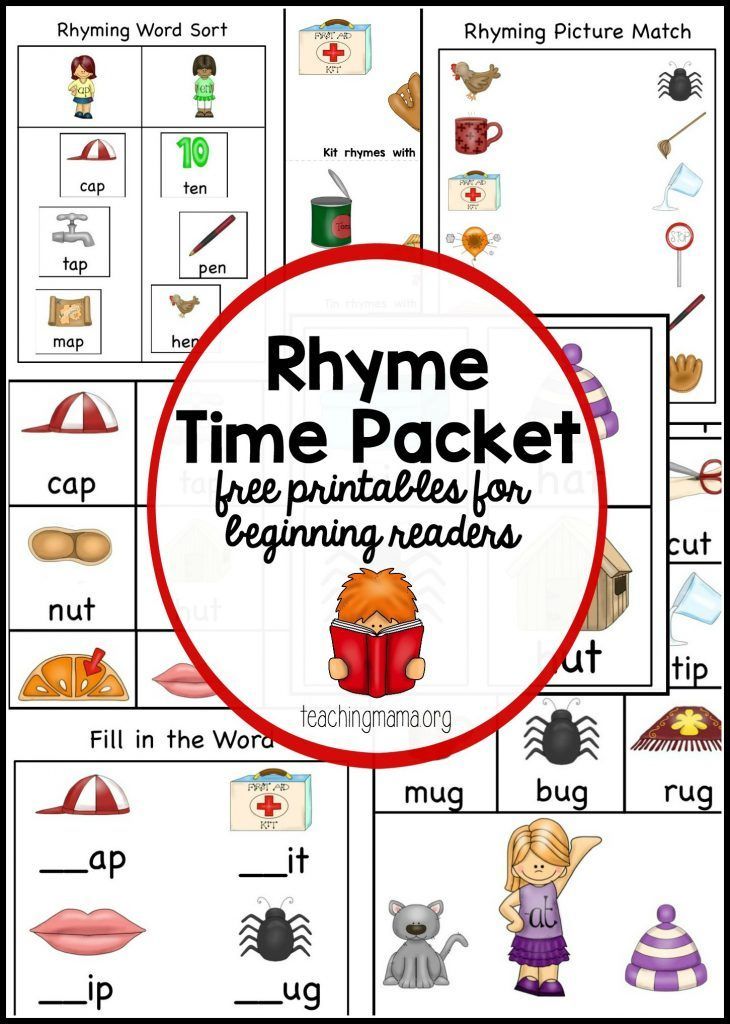 Try using these rhymes for devotion to wordsmith your piece.
Try using these rhymes for devotion to wordsmith your piece.
- commotion
- emotion
- explosion
- lotion
- motion
- ocean
- potion
Advertisement
Words That Rhyme With Infatuation
Can you swap the word love for infatuation? If so, then you can give these rhymes for infatuation a try.
- adoration
- creation
- decoration
- donation
- duration
- education
- fixation
- foundation
- location
- mutation
- sensation
- temptation
- vexation
Finding the Perfect Rhyme for Love
When you are creating a love poem or honoring someone you care about, it’s important to find the perfect word to create your rhyming composition. Whether you choose a word that is a direct rhyme with love, a slant rhyme or go with a different word altogether, remember to have fun with it. Keep your rhyme game strong by looking at terms for things you love, like words that rhyme with family.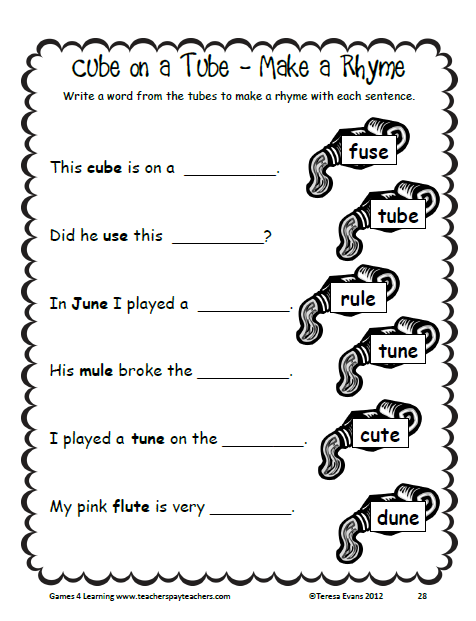 You might also explore terms related to how you look when you're in love, such as words that rhyme with smile.
You might also explore terms related to how you look when you're in love, such as words that rhyme with smile.
Words that rhyme with Europe - Lingo Press Books
by Ana Martin Leave a comment
Words that rhyme with Europe
So you're looking for words that rhyme with Europe and you suddenly think what on earth rhymes with Europe? This word is not like many other words, it definitely has its own feel, but that doesn't mean you can't find something to rhyme with. To make a rhyme, you don't have to match the entire word, so you don't have to look for things that sound like teurope or speurope, because those words don't exist and you'll be looking for them for a long time.
Look at the end of the word instead. Words that rhyme with Europa will have an ending that sounds like "up" instead of "ope" because even if it's spelled that way, we pronounce "Europe" like "ty-rup". Ideally, you should look for two-syllable words that match Europe, but since there are not many one-syllable words, three-syllable words can be used if the sentence rhythm matches.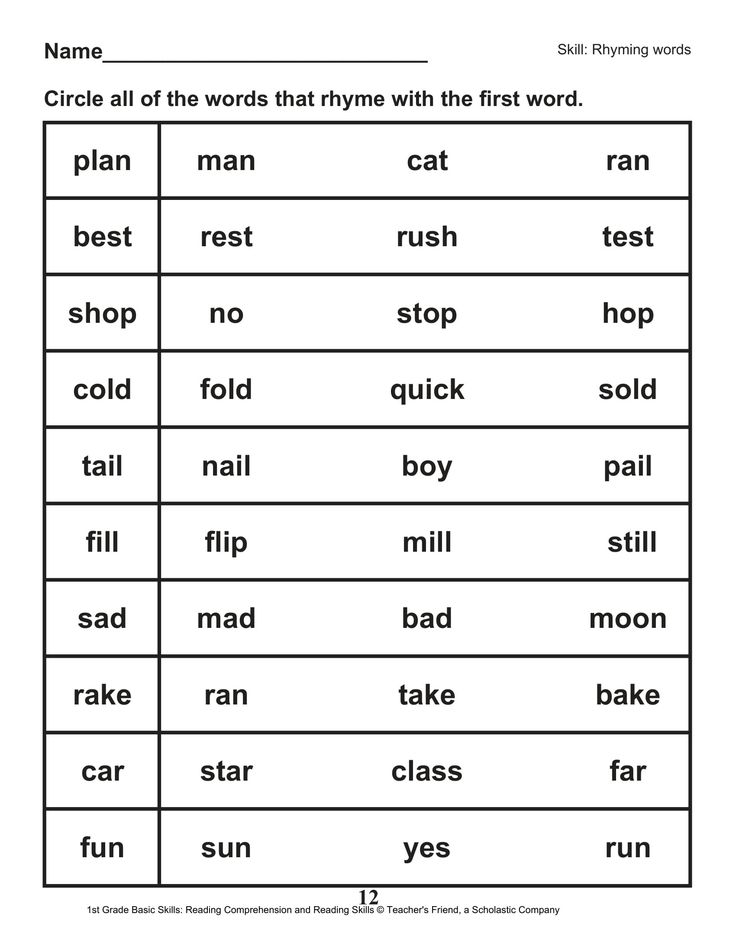
So here are some great two and three syllable words that rhyme with Europe .
- Gallop
- Hiccups (hiccups)
- Buttercup
Since there are not many two- or three-syllable words that rhyme with Europe, you can use two words together with the second word up. The rhyme isn't perfect, but it's close enough to give your text a nice rhythm. Here are some options you can try:
- Got up
- shut up
- Look
- Pull up
- Sit down
- Blow up
- Backup
- Send
- Catch up
- break up
- Release
- Check
- Mount
- Hush up
- Release
- Vomited
- toss
- Create
- Get up
- Push-up
- Pull up
- Hands up
- Reconcile
- Sew up
- Head up
- Mix
- Reach
- get up
Although two-syllable words would fit better in Europe, we found these two three-syllable variants that you can also use.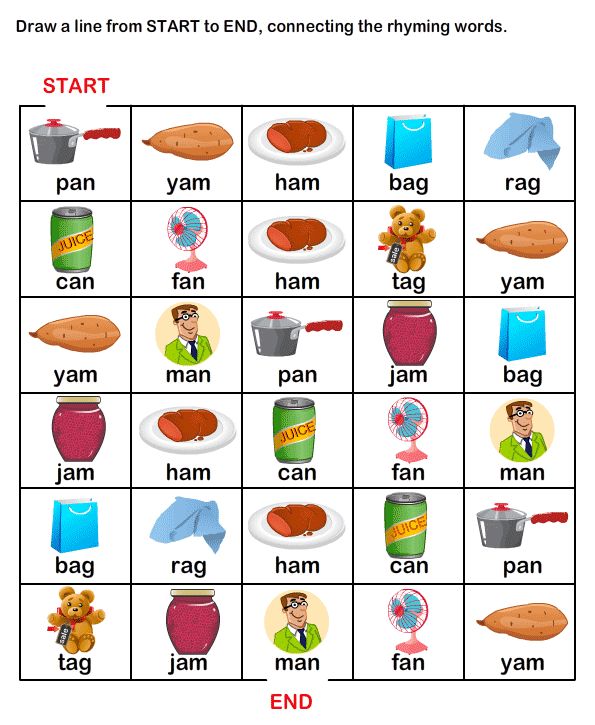
- Straighten
- Listen
- Saddle
- confuse
- Fasten
- Snuggle up
- Snuggle
It may not be as satisfying as the perfect Peurope-style word you were looking for, but two-syllable words or phrases ending in "up" can create a good rhythm for text that rhymes with Europe.
If you think of anything else words that rhyme with Europa then please let us know in the comments below. We're sure we've missed out on some great ones, but hopefully this will be enough to get you started on your Rhymes with Europe project, and hopefully it will help you come up with some more.
Headings: Blog, Topical
Interaction Reader
Composing a poem with a child: practice
27-01-2023 03:00
Not so long ago, the editor-in-chief of the publishing house "Archipelago" Mikhail Lukashevich told how the counting rhymes work. And also about what adults need to know in order to compose the same ones with children.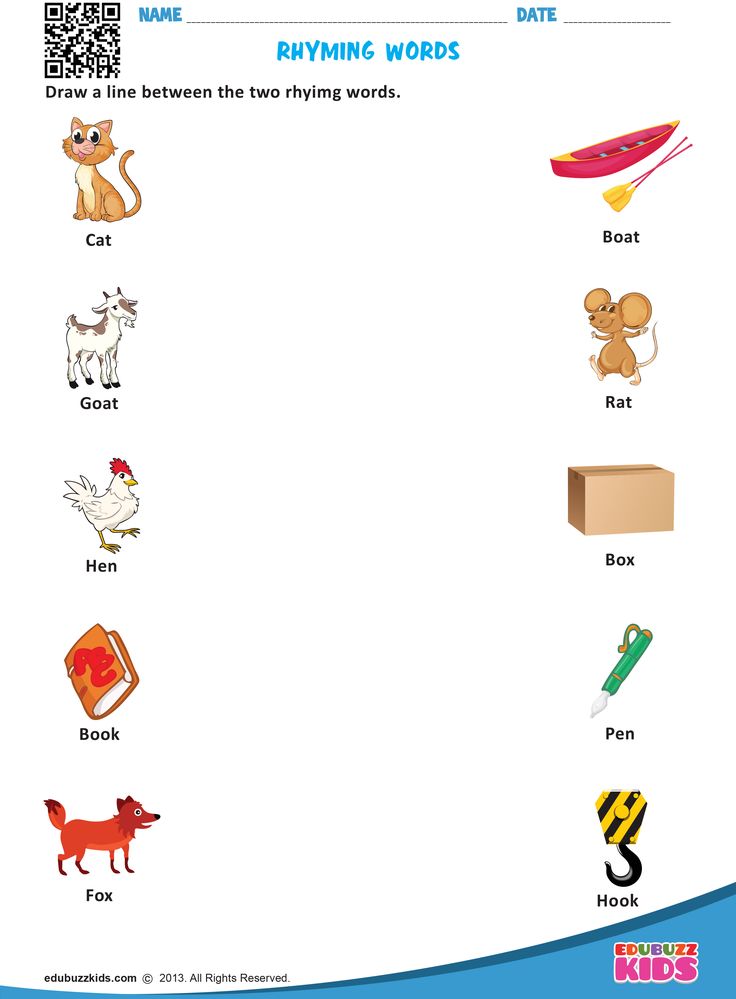
You can read more about this in the article “Composing a poem with a child: theory”
Today we will analyze how this happens in practice; we will move step by step together with Mikhail, the author of the children's books “Behind the wave, the wave”, “Crazy birds”, “Swan 11 swans and tea gulls”.
We remember the names of friends and compose a beginning
So, first of all, we need to come up with a beginning. Maybe you take some funny repetitive words. For example, “shuh-shuh” (as if an old ghost shuffles heavily around the house or a janitor rakes autumn leaves) or “chick-chick” (as if someone is calling chickens). Then think about what can happen to a janitor, a ghost or chickens?
Another good idea is to start with a name. At meetings with children, I often suggest that they use the name Plato for the beginning (sometimes it turns out that this is the name of one of the children - then the meeting is especially fun).
I say the first line:
I have a friend Plato…
Then I ask the guys to come up with some unexpected continuation.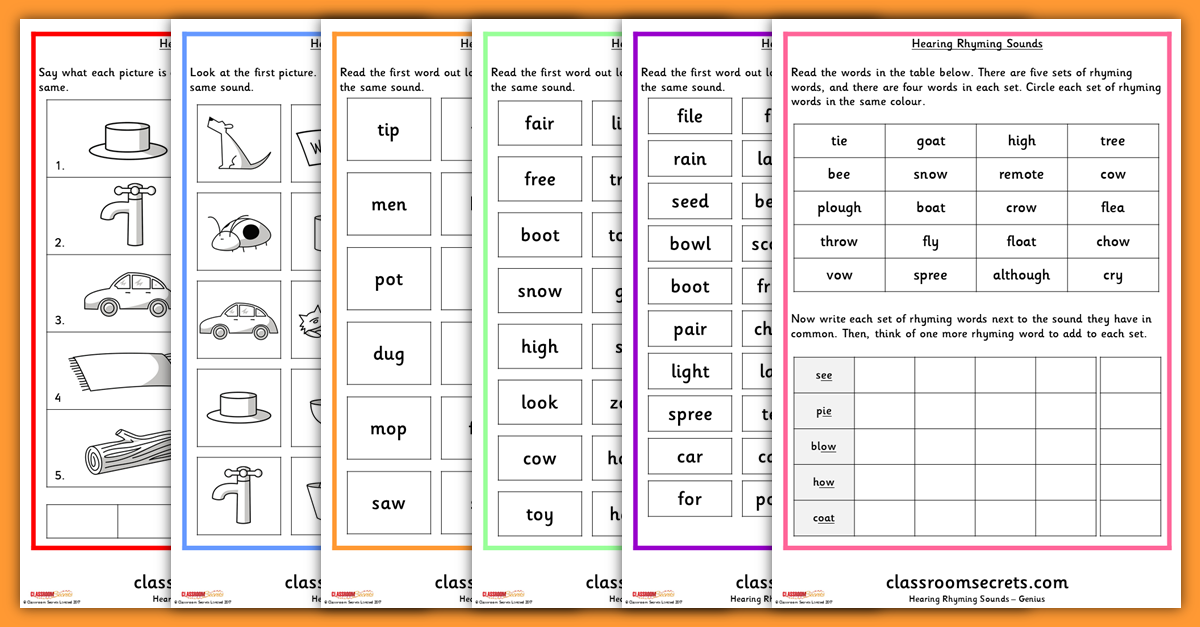 Unexpected, funny, and most importantly - the last word of the second line should rhyme with the name Plato. Moreover, ideally, it should also end with “tone”. The rhyme in which the supporting consonant (in this case, T) coincides is called rich and makes the poem stronger and more memorable (because the more sounds match in the rhyme, the more comfortable our mind is).
Unexpected, funny, and most importantly - the last word of the second line should rhyme with the name Plato. Moreover, ideally, it should also end with “tone”. The rhyme in which the supporting consonant (in this case, T) coincides is called rich and makes the poem stronger and more memorable (because the more sounds match in the rhyme, the more comfortable our mind is).
In the theoretical part of my article, I already gave my own version: "It weighs sixteen tons." It invariably causes laughter in children and adults. But the children themselves offer wonderful lines. And we begin work with the selection of suitable words for rhyme.
Children intuitively choose words with rich rhymes. First come the more obvious ones: “baton” and “concrete”, then someone will definitely remember “plankton”. This, of course, is an excellent rhyme, since almost all sounds coincide in it. We choose her. So the second line should end with the word "plankton".
The children begin to think about the connection between Plato and plankton.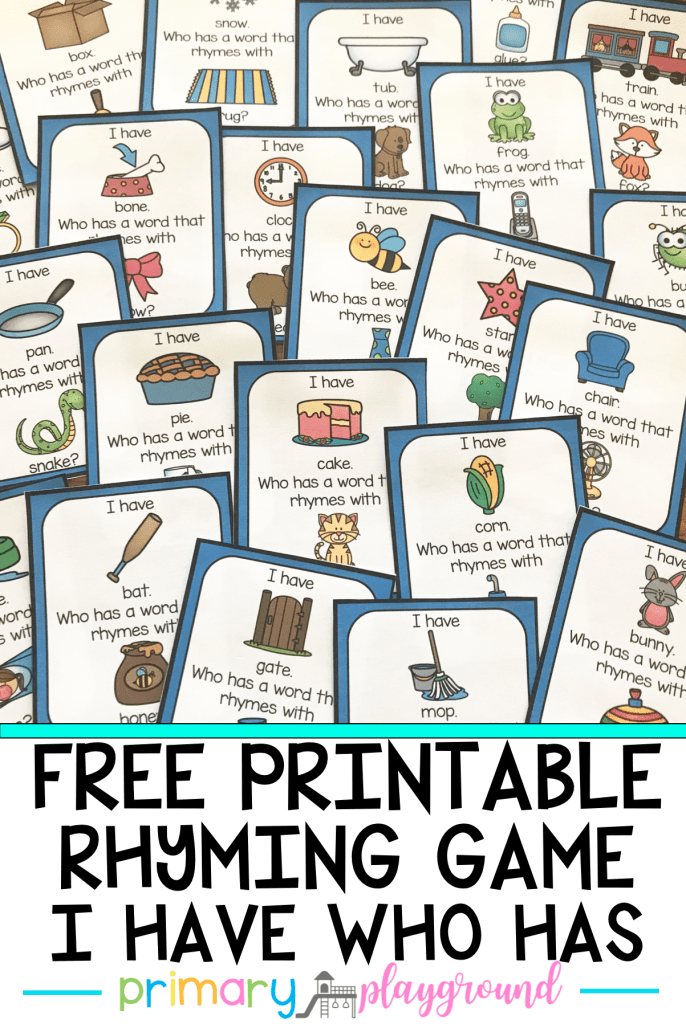 Moreover, it is necessary that the rhythmic pattern of the second line repeats the rhythmic pattern of the first. And then someone shouts out:
Moreover, it is necessary that the rhythmic pattern of the second line repeats the rhythmic pattern of the first. And then someone shouts out:
I have a friend Plato,
He collects plankton!
Everyone is very happy. Children repeat these lines, taste them, and are surprised at what a fine, strong and funny rhyme they got.
"Counting rhymes only pretend to be stupid" - Mikhail Lukashevich.
Then I ask them a legitimate question: why does Plato collect plankton? After all, the counting rhymes only pretend to be stupid, but in fact everything in them should be very logical. It's just that the logic there is also its own, counting, that is, a little absurd. Although, maybe not a little - it's up to you to decide.
The guys are scratching their heads: why might plankton be needed? Then I invite them to remember what other rhyming words they found. Again, "loaf" and "concrete" are heard. The children mumble something softly, closing their eyes, tapping out the rhythm: “ta-da, ta-da, ta, concrete!”
And suddenly one boy jumps up with a beaming face and blurts out with one spirit:
He cooks plankton
Both jam and concrete!
And the whole rhyme, it turns out, sounds like this:
I have a friend Plato,
He collects plankton.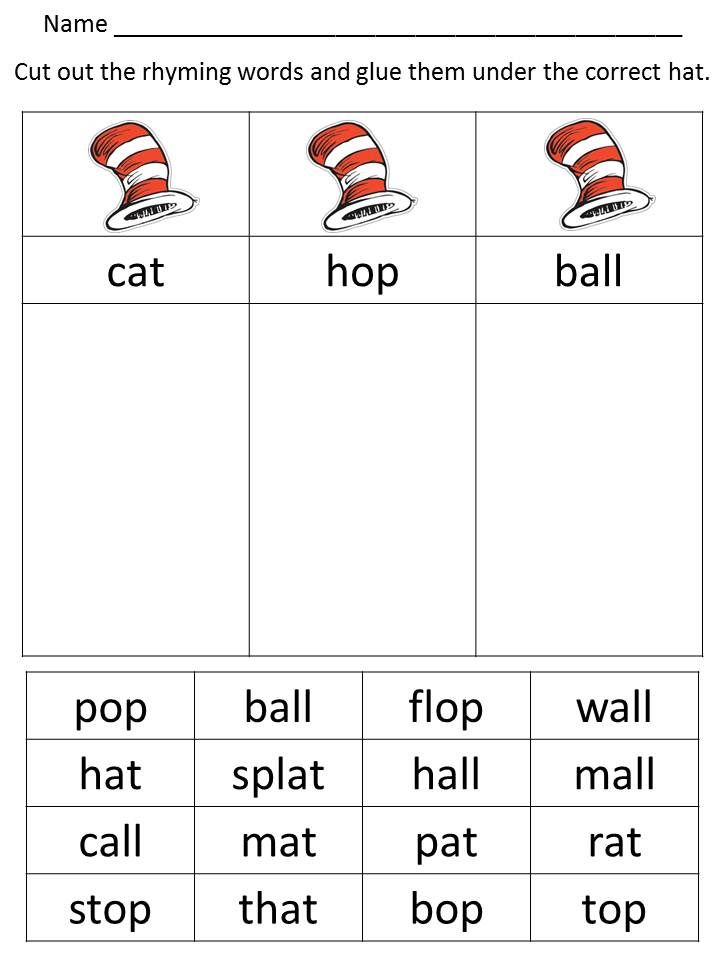
He makes plankton
Both jam and concrete!
Children repeat these simple lines and laugh their stomachs out. And the boy who came up with such an unexpected ending sits with a dumbfounded look. It seems to him that some kind of miracle happened, because he himself did not expect this from himself.
At the end I give my version of the rhyme with Plato. Here it is:
I have a friend Platon.
It weighs sixteen tons.
It is a huge stress for him -
Carrying his weight on the ground.
And so Plato
Moved to Pluto.
We analyze how the body of the rhyme and the ending are arranged in this version, and the guys are surprised at what different verses can come from one beginning if we take different words for rhyme.
Collection of short stories "Kolya draws"
from 686 ₽
Buy on the brand's website
Moving step by step
Let's repeat the algorithm for creating a counting rhyme once again.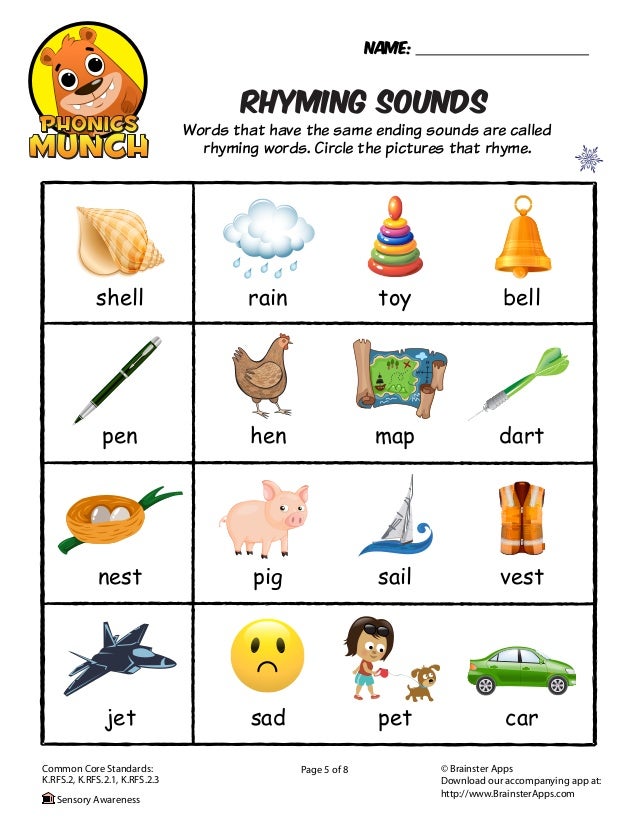
1. Coming up with a start. Together with the child, remember some short funny words, maybe some of his favorite exclamations, repeat them several times, listen to their rhythm - do they correspond to the rhythmic pattern “ta-da, ta-da, ta-da , ta”, or “ta-da, ta-da, ta-da, ta-da”, or even “ta-da-ta, ta-da-ta” (this is just the rhythm of the beginning “Meow-mur! Meow -mur!", that is, some syllables can be omitted).
Or take the ready-made scheme “I have a friend…” and add at your discretion: Zakhar, Artem, Marat, Bogdan, Boris, Jean-Pierre, Luka. For female names, you can replace this phrase, for example, with “She came to us ...” and further: Arisha, Marina, Anyutka, Matilda, etc.
2. We select a rhyme for the last word of the beginning. This exercise will help expand and activate your child's vocabulary. You'll have to dig deep into your memory. Write down all the words you find on paper. Say them out loud, feel how the rhyme sounds.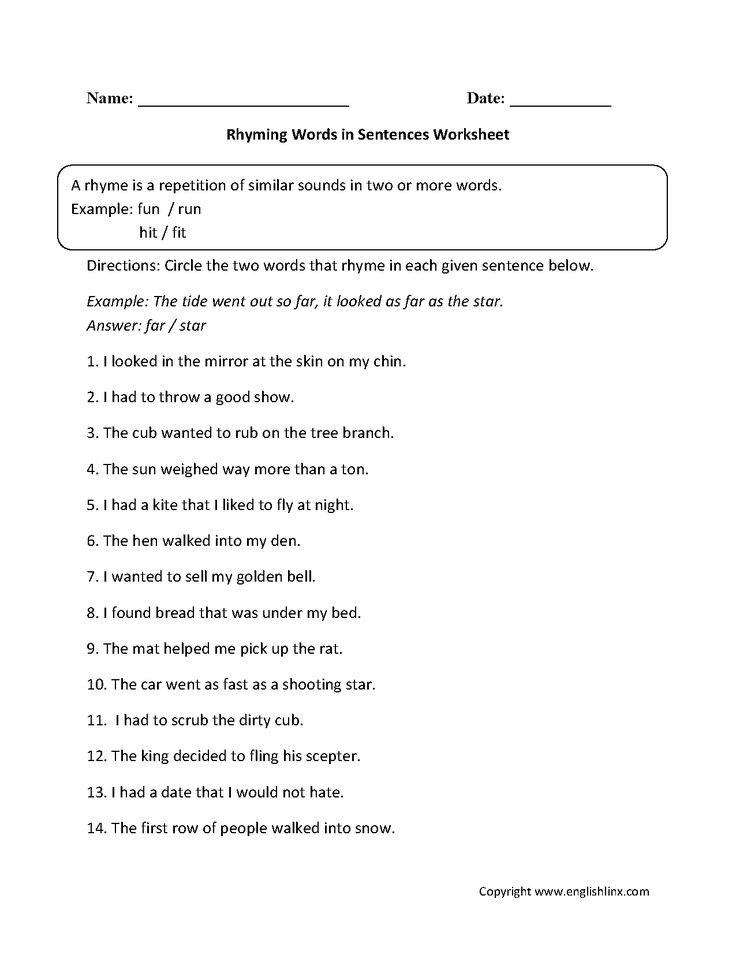 Ask the child to answer: is she ordinary or rich? What is the most accurate rhyme? And which one is the funniest? It will be good if you pick up at least 10 rhymes.
Ask the child to answer: is she ordinary or rich? What is the most accurate rhyme? And which one is the funniest? It will be good if you pick up at least 10 rhymes.
3. Think of a connection between rhyming words. This is perhaps the most difficult and at the same time the most interesting part of the work. To successfully deal with it, you must first ask questions. Let's say you are working with a pair of rhymes "Ivan" - "sofa". What can connect Ivan with a sofa? Obviously, Ivan can lie on the couch. But this, you see, is banal and boring. A short poem needs a bright and impressive plot. Maybe Ivan found a sofa? Or burned down the couch? Or even punished the sofa?
Try to find at least five unexpected suggestions. Give free rein to your imagination. By the way, children often cope with this task better than adults, because their imagination is less constrained by worldly experience and various established ideas. Write down all the options on the same piece of paper. Discuss with your child which one is the most interesting.
Discuss with your child which one is the most interesting.
4. Next, you need to adjust the second line to the size of the poem. Twist the phrase, saying to yourself the desired rhythm: "TA-da, ta-da, ta-da, ta." What happens?
I have a friend Ivan,
He burned the sofa yesterday.
Or:
He punished his sofa.
Or:
He lost his sofa.
In the photo: the book "Crazy Birds" by Mikhail Lukashevich
5. We develop the plot, invent the second couplet. Here we must provide the reader with some details to arouse his interest even more. To do this, you need to put a direct question to the second line of our rhyme. How did Ivan discover the sofa was missing? Or: under what circumstances did Ivan burn his sofa? Or: what was the punishment of the divan?
Write at least five answers to your questions. Next, we draw up the most successful version in two lines of a four-foot trochaic.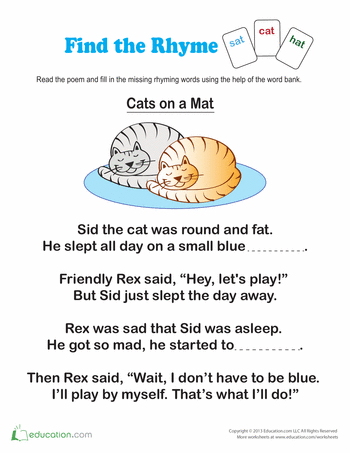 Let's say this:
Let's say this:
I have a friend Ivan,
He lost his sofa.
Woke up early in the morning,
I looked - there is no sofa under it.
6. Composing the ending. You have reached the climax, aroused the reader's curiosity as much as possible, now it needs to be satisfied. It is necessary to clearly explain to the reader what happened and why, how Ivan managed to get into such an extraordinary situation.
The important thing to remember here is that absurd humor is the most logical thing in the world. Think of the mathematician Lewis Carroll and his Alice in Wonderland. Everything must be clearly justified. So we ask questions again. Why or why did Ivan burn the sofa? How did the sofa annoy Ivan, so much so that he had to be punished?
Maybe the sofa got tired of bearing the weight of a well-fed Ivan and flew off on a short vacation to the sea? Or did Ivan decide to punish his sofa for having bad dreams on this sofa?
Let the ending be incredible, stunning, turning everything upside down.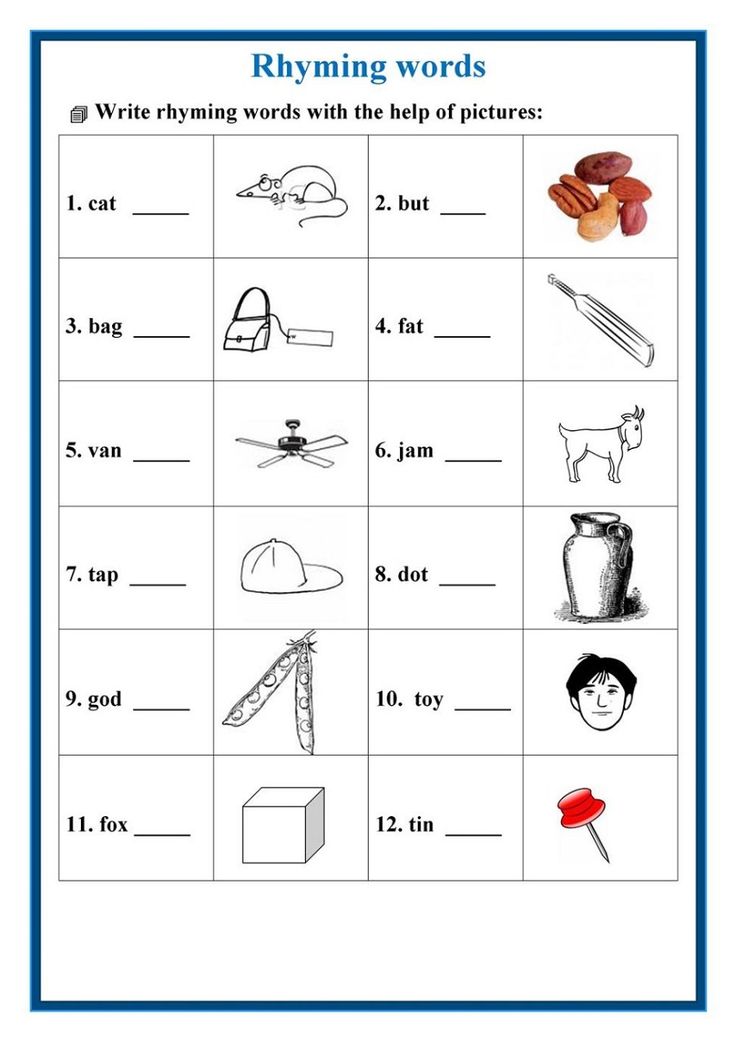 Again, write down at least five options. Discuss them with your child. And, having chosen the best one, try to arrange it in the right size, pronouncing or tapping the rhythm.
Again, write down at least five options. Discuss them with your child. And, having chosen the best one, try to arrange it in the right size, pronouncing or tapping the rhythm.
I have a friend Ivan,
He lost his sofa.
Woke up early in the morning,
I looked - there is no sofa under it .
There is a note on the floor: “Friend!
I went on vacation. South".
7. Now you just have to take turns reciting the written poem out loud, laugh with the whole family and enjoy the well-deserved success.
From the first rhyme to the family poetry championship
If you practice composing such little funny rhymes on weekends, you will very soon find that every time it becomes easier for you to compose a phrase according to the chosen scheme, and the rhymes themselves jump out on your tongue .
How about a family rhyme-writing championship? Take one beginning, and let each family member come up with their own continuation.